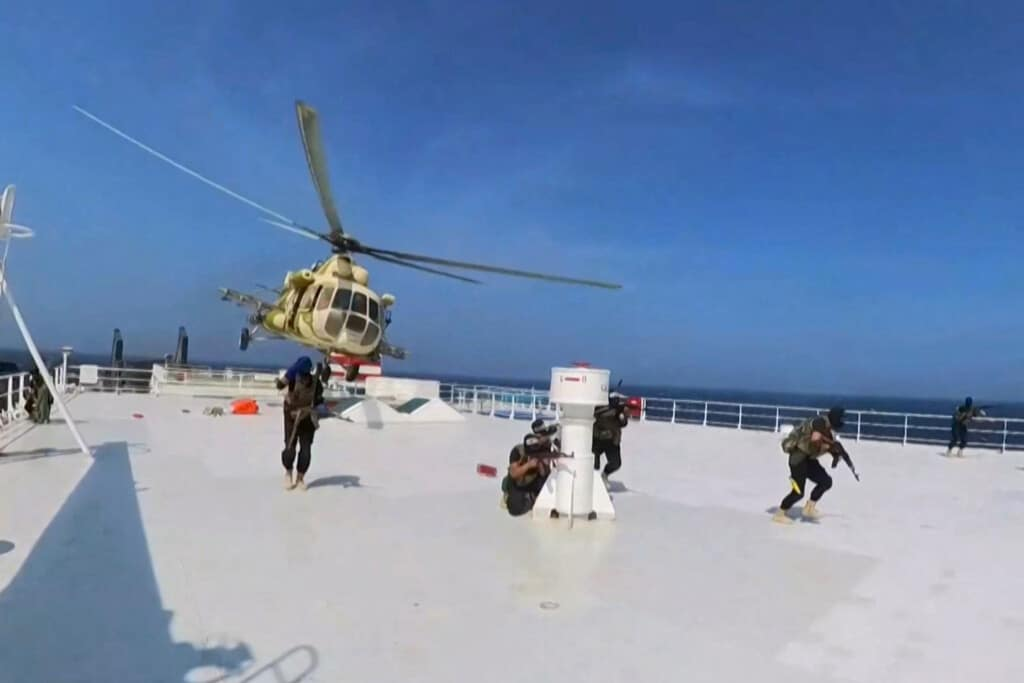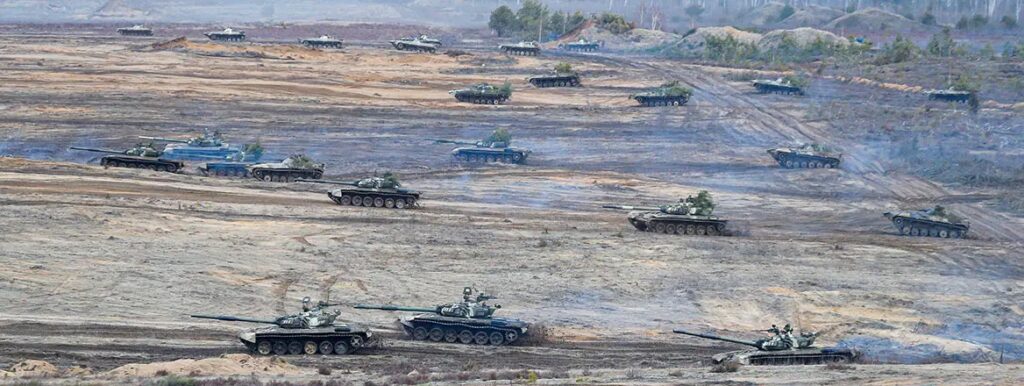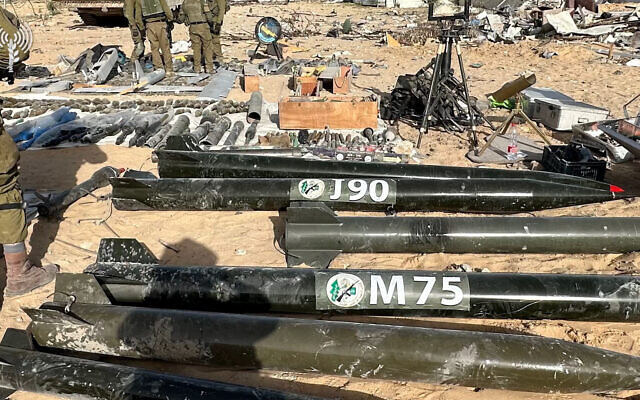Tehran’s terror proxy in Yemen targets Israel and international shipping

The Houthis, Tehran’s terror proxy in Yemen, boarded and seized the Israeli-linked Galaxy Leader cargo ship via Mi-171Sh helicopter in the Red Sea on Nov. 19, taking 25 crewmembers captive. This piracy, which follows recent Houthi missile and drone attacks against Israel, is part of a larger strategy by the Islamic Republic of Iran to undermine maritime security and American interests while attempting to encircle, attack, and exhaust Israel.









